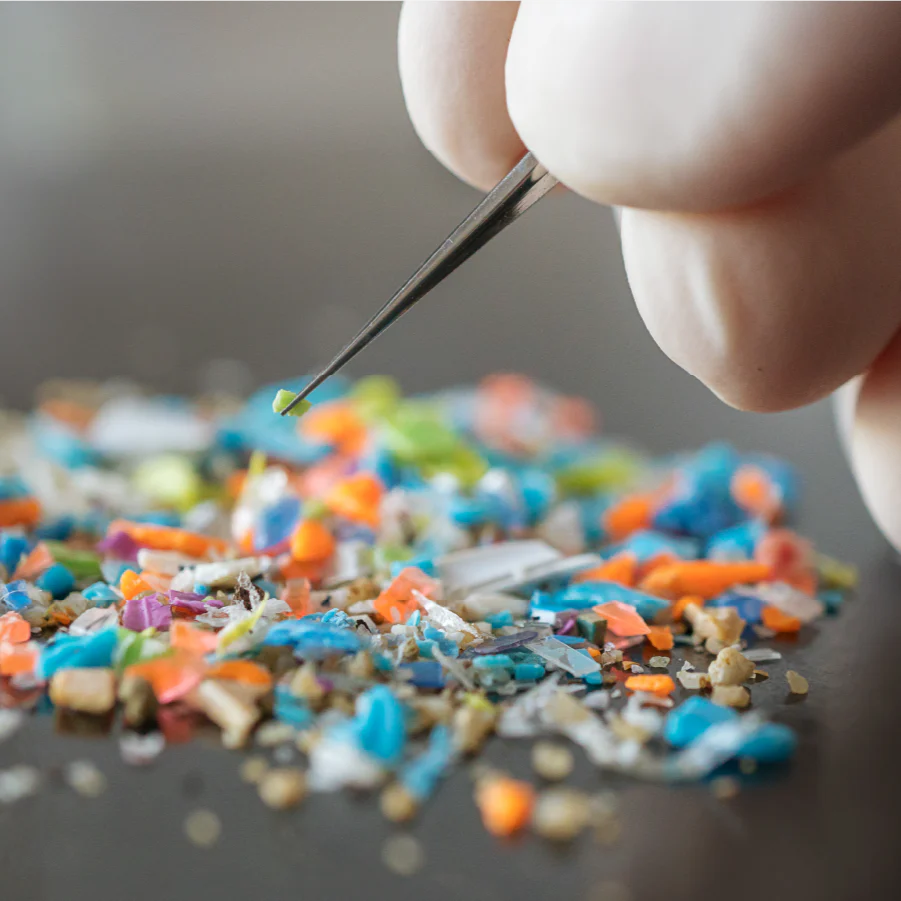Greenwashing:
The Dangerous Deception of False Environmental Claims

AYA | APRIL 3, 2023
Discover the dangerous deception of greenwashing, a marketing practice that misleads consumers with false environmental claims. Companies capitalize on the demand for eco-friendly products, hiding their true environmental impact. As concerns about climate change and sustainability grow, understanding and identifying greenwashing is essential. This text explores the various forms of greenwashing, its harmful consequences, and empowers readers to make informed choices. Expose the hidden truth behind greenwashing and begin a journey towards real environmental responsibility.
Deceptive Greenwashing and Youth's Climate Crisis
Greenwashing is a term used to describe the deceptive marketing practice of making false or exaggerated environmental claims to make products or services appear more sustainable than they actually are. It is a marketing technique used by companies to capitalize on the growing demand for eco-friendly products and services, while misleading consumers and damaging the environment.
A recent study of over 10,000 young people across 10 countries found that more than half think humanity is doomed, while 45% say climate-related anxiety and distress is affecting their daily lives.

Decoding Greenwashing for Empowered Consumers
This large and growing group of concerned citizens want to take meaningful action to avert the climate crisis. This means changing a range of behaviors including what products they buy, what foods they eat, what job they apply for and who they vote for. And that sounds like good news, it suggests many consumers are wanting to do the right thing. The problem is they can’t always tell what the right thing is.
But learning about greenwashing and how it works is one effective way for consumers to avoid giving their money to companies making false claims, according to research from consulting firm, The Behavior Insights Team.
The Federal Trade Commission (FTC) in the United States has issued guidelines for environmental marketing claims to prevent companies from making false or misleading statements. However, the guidelines are not legally binding, and there is no regulatory body that actively enforces them. In accordance with the provisions of the FTC, when packaged products state that they are made with "organic ingredients", this means that they contain at least 70% organically produced ingredients. The remaining non-organic ingredients are generated without using prohibited practices, but may include substances that would otherwise not be allowed in 100% organic products.
Greenwashing Misleads Eco-conscious Consumers
Greenwashing can take many forms, such as the use of vague or unregulated terms such as "natural," "organic," or "eco-friendly" without any clear definition or certification. This allows companies to make unproven claims and mislead consumers into thinking that their products are more environmentally friendly than they really are. In a study published by the U.S. Department of Agriculture, amidst nutrition facts, ingredients lists, and dietary claims on food packages, “organic” might appear as one more piece of information to decipher when shopping for foods. So understanding what “organic” really means can help shoppers make informed choices during their next visit to the store or farmers’ market.

Deceitful Strategies Harm Environment, Consumers
“It’s basically just a form of lying,” says Ellis Jones, a sociologist who studies greenwashing at the College of the Holy Cross.
Companies also use greenwashing to distract from a product's overall environmental impact by highlighting a single environmental attribute. For example, a company may promote a product as being made from recycled materials, but fail to disclose the amount of energy and water used in its manufacturing process or the carbon emissions generated during transportation.
Greenwashing can have serious consequences for the environment and consumers alike. By promoting false or exaggerated claims of environmental benefits, companies can undermine legitimate efforts to reduce the use of harmful chemicals, conserve natural resources, and combat climate change. There are several documented examples of greenwashing being harmful to the environment. In 2008, a Malaysian palm oil commercial claimed that palm oil plantations provided homes for native flora and fauna. In reality, these plantations contribute to deforestation and habitat loss, so anyone who bought palm oil hoping to protect nature inadvertently did the opposite.
Choose Consciously, Protect the Environment
More and more people prefer to buy sustainable products, making eco-friendly claims a powerful marketing tool. False or misleading branding along these lines could convince a growing number of consumers to harm the environment unintentionally. At the same time, consumers who are misled by greenwashing may end up purchasing products that are not truly eco-friendly, wasting their money and contributing to further environmental harm.
To avoid falling prey to greenwashing, consumers should not be limited to just look for “credible”, independent certifications such as Energy Star, USDA Organic, or Fair Trade. They must be wary of vague or unregulated claims and seek out information on a product's entire life cycle.
It is vital that brands know exactly how their product is created from the creation and extraction of the raw materials, to supply chain, to the end of the product cycle. Consumers should be able to understand this info and what it means. If a company is transparent it doesn't mean anything if the consumer doesn't understand. You need to understand what sustainability really means.

Real sustainability is not a goal, it's a point of view.
You don't have to put all the weight on your shoulders. Every action counts. At AYA, we fight microplastic pollution by making a 100% plastic-free catalog.
Visit Our Shop →You May Also Like to Read...
The Health Risks of Synthetic Fibers & Microplastics
Explore the health impacts of synthetic fibers—respiratory damage, gut disruption, and hormonal imbalance—and how to switch to safe, natural alternatives.
Fast Fashion: A Growing Threat to Wildlife and Ecosystems
Fast fashion is accelerating ecosystem destruction, from deforestation to ocean pollution. Discover how this industry is contributing to global biodiversity loss.
Trump’s Plastic Rollback: How It Threatened Sustainable Fashion
Explore how Trump’s plastic policies impacted sustainable fashion’s growth and consumer demand. Also, learn how to navigate these regulatory challenges.
Fair Trade World Day: Why Ethical Fashion Can’t Wait
This Fair Trade World Day, explore why ethical fashion is urgent. Discover the hidden cost of fast fashion—and how fair trade offers a way forward.





